![]()
![]()
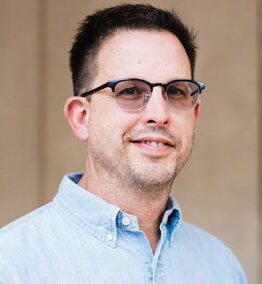 About Ed Madden
About Ed Madden
Ed Madden is the author of four books and four chapbooks of poetry, most recently Ark, a book about his father’s last months in hospice care, and So they can sing, which won the 2016 Robin Becker Chapbook Prize. He is a professor of English and the former director of Women’s and Gender Studies at the University of South Carolina, where he teaches Irish literature, queer studies, and creative writing. Ed served as the poet laureate for the City of Columbia, SC, 2015-2022. He is recipient of an Academy of American Poets Laureate Fellowship and artist residencies at the Hambidge Center in Georgia and the Instituto Sacatar in Itaparica, Brazil.
Praise for A Pooka in Arkansas
Pooka, wolf, coyote: what if we’re the monster our parents warn us against? Madden’s poems about growing up queer in the rural fundamentalist South anatomize a society of shaming and shunning under the guise of love. Drawing on Irish folklore, on fairy tales, on Bible stories, Madden evokes an inner landscape at once real and surreal, loving and diminishing. His poems indict that community— “you did not remember what big teeth they had, / what claws” —and gesture toward the fascination of the forbidden. Within this closed rural world, heteronormativity sours to self-disgust, and desire terrifies: “some of us were made to be ridden, riddled, riven.” Yet in tracing the “practices” of a certain sort of situated fundamentalism, Madden redefines the supposedly “monstrous”: “I am not handsome. I am not wholesome. I am not holy. I am not coming home.” These poems shine, bite, bristle and ripple and chuckle and spur. They turn shame aside to offer instead “the man I will meet,” “the brush of his mouth,” “the hot water bottle of him.” Oh yes, they satisfy.
—Nathalie Anderson, author of Stain and Quiver
This book is a hymn to anyone who has been orphaned; anyone who knows the pain of family estrangement; anyone who finds themselves looking back and asking How? What if? Why? A sensual and intelligent collection, A pooka in Arkansas sits with the ghosts of fathers, brothers, sons. It clears a space for hope, and for reclamation of the self as good enough, as proud, as loved. I was moved to tears by this hymn for a boy cast out who became a man finding his way back to himself again. Gift this exquisite writing to the part of yourself that needs it most.
—Annemarie Ní Churreáin, author of The Poison Glen and Bloodroot


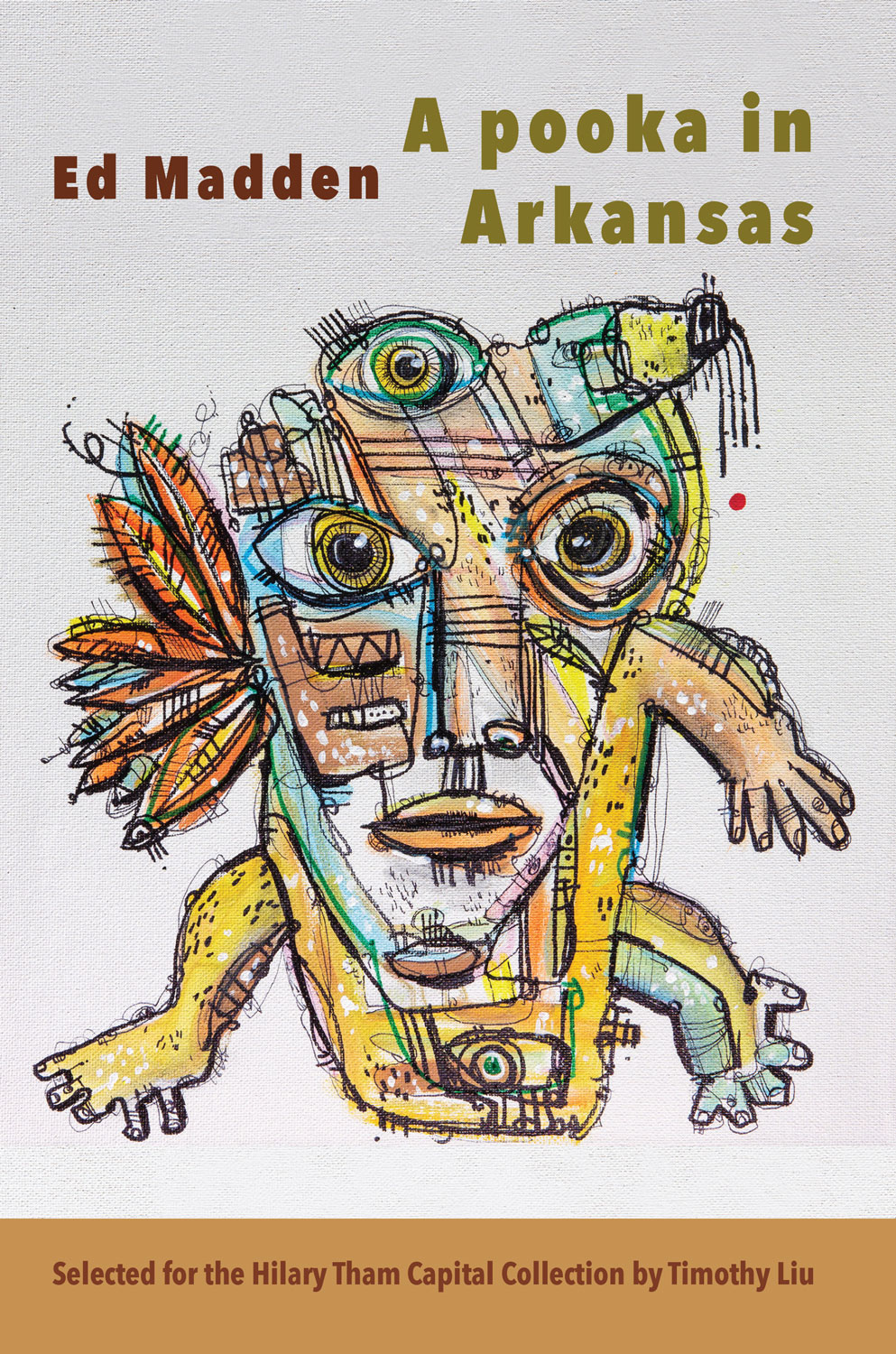
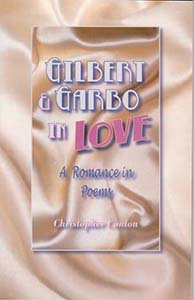
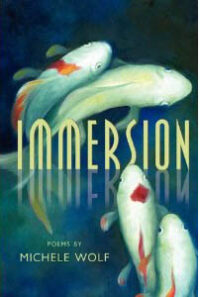
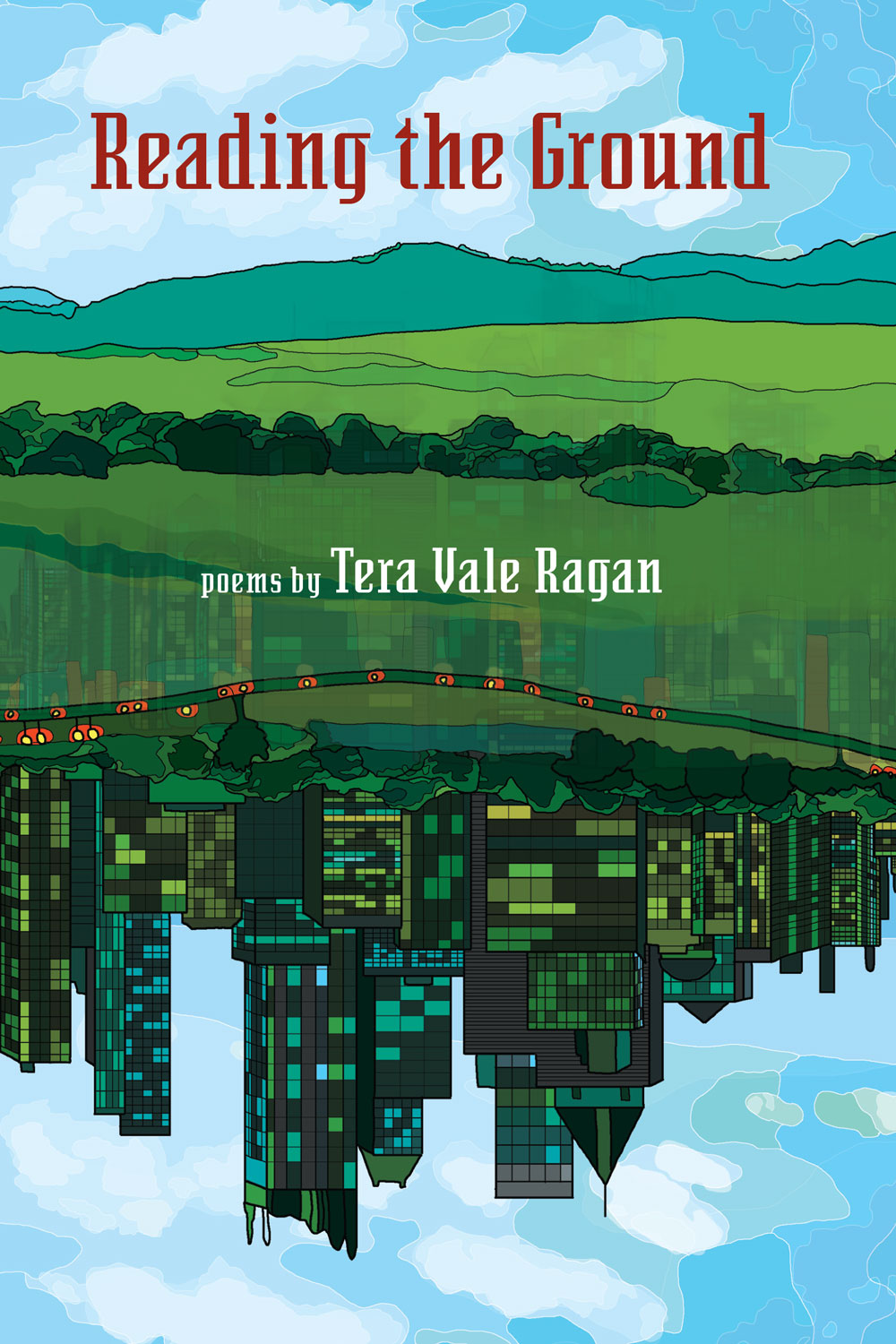
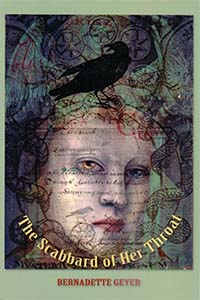
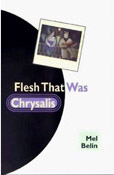
Reviews
There are no reviews yet.